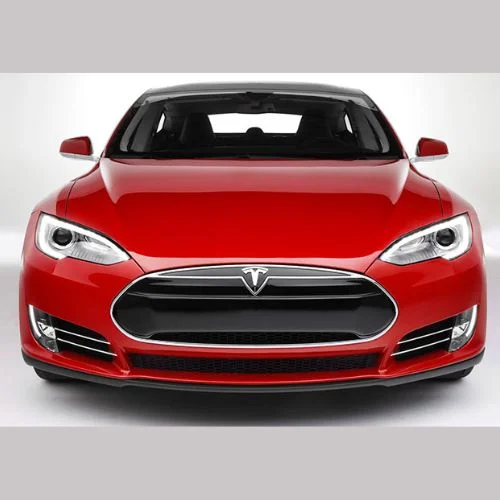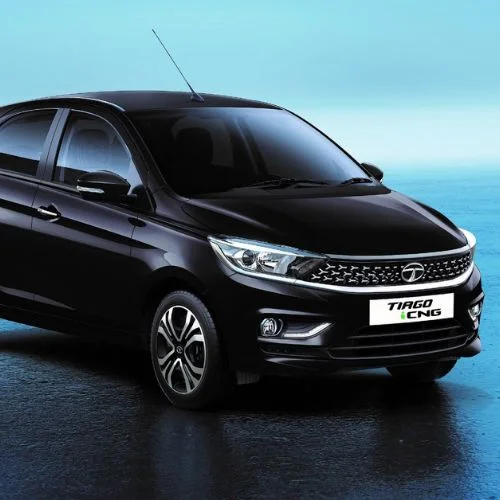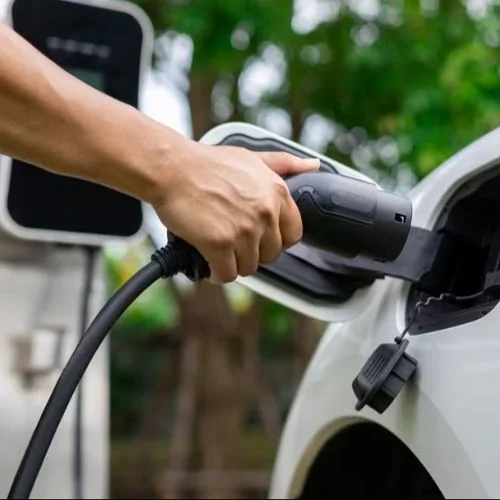Ola Electric, a company led by Bhavish Aggrawal, has announced plans to invest slightly more than INR 7,600 Crores in the next five years to establish manufacturing plants in Tamil Nadu, where it will produce electric vehicles (EVs), EV components, and batteries. This decision follows the signing of a Memorandum of Understanding (MoU) with the Tamil Nadu government, as reported by ET.
According to a state government official cited by the publication, the electric vehicle (EV) manufacturer intends to construct two facilities in Tamil Nadu: an advanced cell chemistry (ACC) plant that will benefit from the Union government’s production-linked incentive (PLI) scheme, and a four-wheel EV plant. The estimated cost of the two plants is around INR 5,100 Crores and INR 2,500 Crores, respectively.
Ola Electric will build two plants, one for two-wheelers and another for cell manufacturing, at the same facility in Tamil Nadu. The government has already allotted land for this purpose. Ola Electric will start manufacturing cells immediately to meet the PLI scheme deadlines, which offer financial incentives for domestic EV manufacturing. This move will help the company to expand its EV manufacturing capabilities and compete in the growing Indian market.
In addition to building two new facilities, Ola Electric plans to establish an EV hub in Tamil Nadu that will house these facilities, along with multiple vendor and supplier parks. This hub will create a larger ancillary ecosystem to support EV manufacturing in the state. By bringing together various suppliers and vendors in close proximity, Ola Electric can streamline its supply chain and reduce costs, while also contributing to the growth of the EV manufacturing sector in Tamil Nadu.
Ola CEO Bhavish Aggarwal stated that the company’s goal is to localize all critical components of the EV value chain. The establishment of the Ola EV Hub in Tamil Nadu will bring the entire EV ecosystem under one roof, thereby strengthening the company’s vertical integration across 2Ws, 4Ws, and cells. This move follows Ola’s launch of its first lithium-ion battery, the NMC 2170, which was developed at the Battery Innovation Centre in Bengaluru, and created with a $500 million investment.
Ola Electric experienced a rapid decline in sales during the early months of 2022. However, the company’s sales have rebounded since late last year. As of January 2023, the startup’s total EV registrations stood at 18,220 units, which is a 5% increase from the 17,346 units registered in December 2022.
In August last year, Ola CEO Bhavish Aggarwal announced the company’s plans to enter the electric four-wheeler market. While details about the car have been scarce, Ola Electric plans to launch its first electric cars by 2024. Aggarwal claimed that the car will be one of the fastest built in India, going from 0-100 kph in 4 seconds.
It will also have a range of more than 500 kilometers per charge and feature an all-glass roof to achieve a drag coefficient of less than 0.21, which will maximize its range and minimize drag. Ola’s ambitious Tamil Nadu project coincides with its plans to launch its electric car in the near future.















